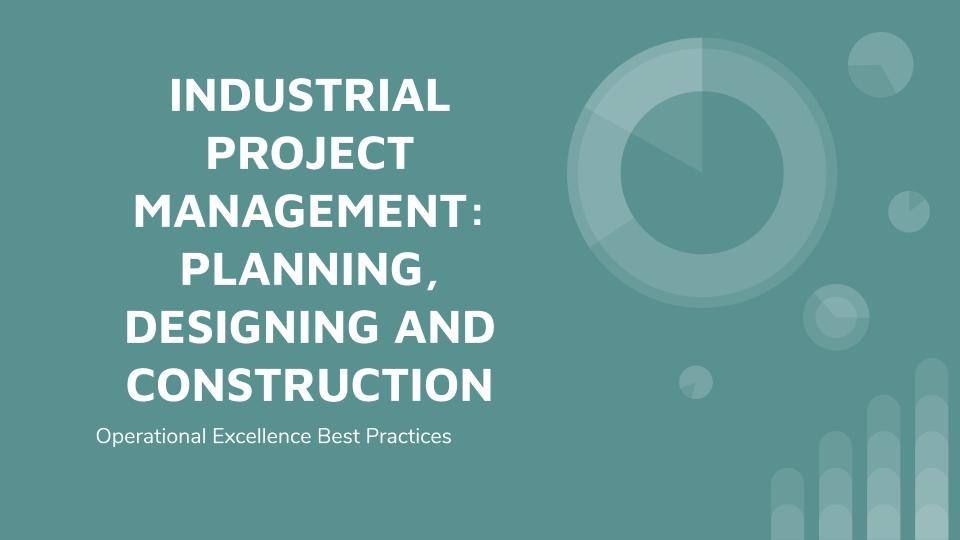
The Industrial sphere is always evolving. At this point in time, one of the aspects of the industrial realm that are evolving is the advent of the utilization of recycled materials. It is possible to turn what was seeming trash into energy. A hydro thermal depolarization and gasification facility is a unit that is able to utilize in-fed organic waste material into a fuel source. The organic material is disintegrated at medium operating temperatures supplied via oxygen and steam, in order to facilitate the combustion process.
The products are then collected as an energy dense fuel called syngas. Syngas as a fuel is utilized to produce electricity, renewable diesel and even chemical products such as ammonia. Inorganic materials in the feedstock, as well as any compounds that have very low kJ to kg ratio are recovered as either ash, inert stone, or other aggregates. Inert stones, aggregates, and metals are tapped from the base of the chamber. Metal products are salable and the stone will be further redirected to aggregate recyclers, who repurpose for construction.Constructing such a unit requires a series of project steps that must be factored into an operational plan.
This activity that denotes the start of a series of activities from start to completion is known as an Industrial Project. Project Management as a body of knowledge has a series of activities that must be factored into, in order to facilitate an outcome such as the above, where the final outcome is an industrial plant.
For a company that is starting off with a vision to create a plant, there will be a need for the organization to plan the various steps that will accomplish this objective. Building an entire plant facility, will require hundreds or even thousands of steps in order to achieve this final objective. In order for a project to be successful, it will have to be completed in an appropriate sequence. Let us delve into the various phases that will facilitate this objective of building a plant.
1. Project Initiation
Initiation is the first phase of the plant project lifecycle. At this point, the design team will meet in order to ensure that the critical parameters such as quality and cost are being met. Looking at a project’s business case, market assessments and anticipated returns on investments, the management team will then approve for a project to be executed. With the right criteria met, projects will be approved. Values aligned with the organizations ideals and business objectives will be approved, provided an appropriate annual budget is present.
2. Project Planning
Once the management team approves a project, the project management team can then start highlighting what the different phases of the plant construction will be. From the business case above, the baseline plant details such as size and throughput would have been identified. In the planning phase now, further financing details, resource planning, bids to construction partners will then be generated. A proper project scope will thus be generated.
3. Project Execution
A project plan that is written down is just a dream. There must be a point of execution. From a detailed work breakdown structure outlined in Phase 2 above, is now at the point where the project will be delivered. Factoring in all the relevant times for things like lead times and potential delays, the realistic picture of the project will be defined and facilitated.
4. Project Monitoring and Control
All operational activities operate best when they are monitored and managed. Progress activities, tracked as actual compared to the target conditions must be monitored or else there will be a project scope creep. Vigilance leads to accomplishment.
5. Project Closure
Projects are not meant to last forever. They must be completed. Once all the critical deliverables are met, the plant is commissioned and operating, the team can then deem it closed and passed to the Operations team. At this point, new adventures can then be tackled.
With so many possibilities in the industrial sphere, it is important for ideal project plans to be monitored, documented and executed. Project Management as a body of knowledge works well to achieve this objective. As an industrial plant, you can identify new opportunities in spheres such as renewables to capitalize on what can be.
From an organizational perspective, take the time to ensure that there is an adequate project management plant for your own commissioning activity. These activities can be managed in-house, or with the help of an external management team. The more organized you are in the project, the better the odds of the team achieving their objectives of designing a building a unit that will work best for the team at a cost that will return the ideal profits.
